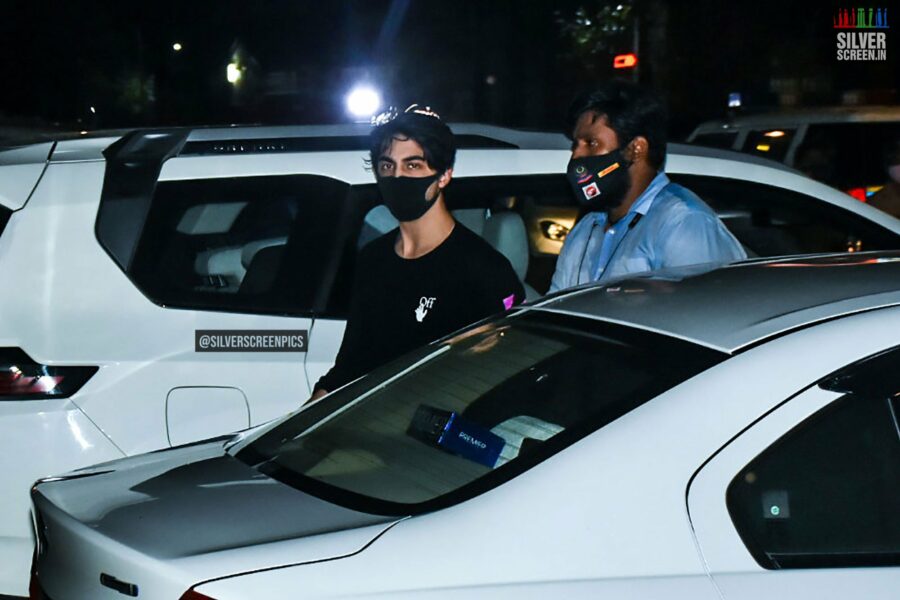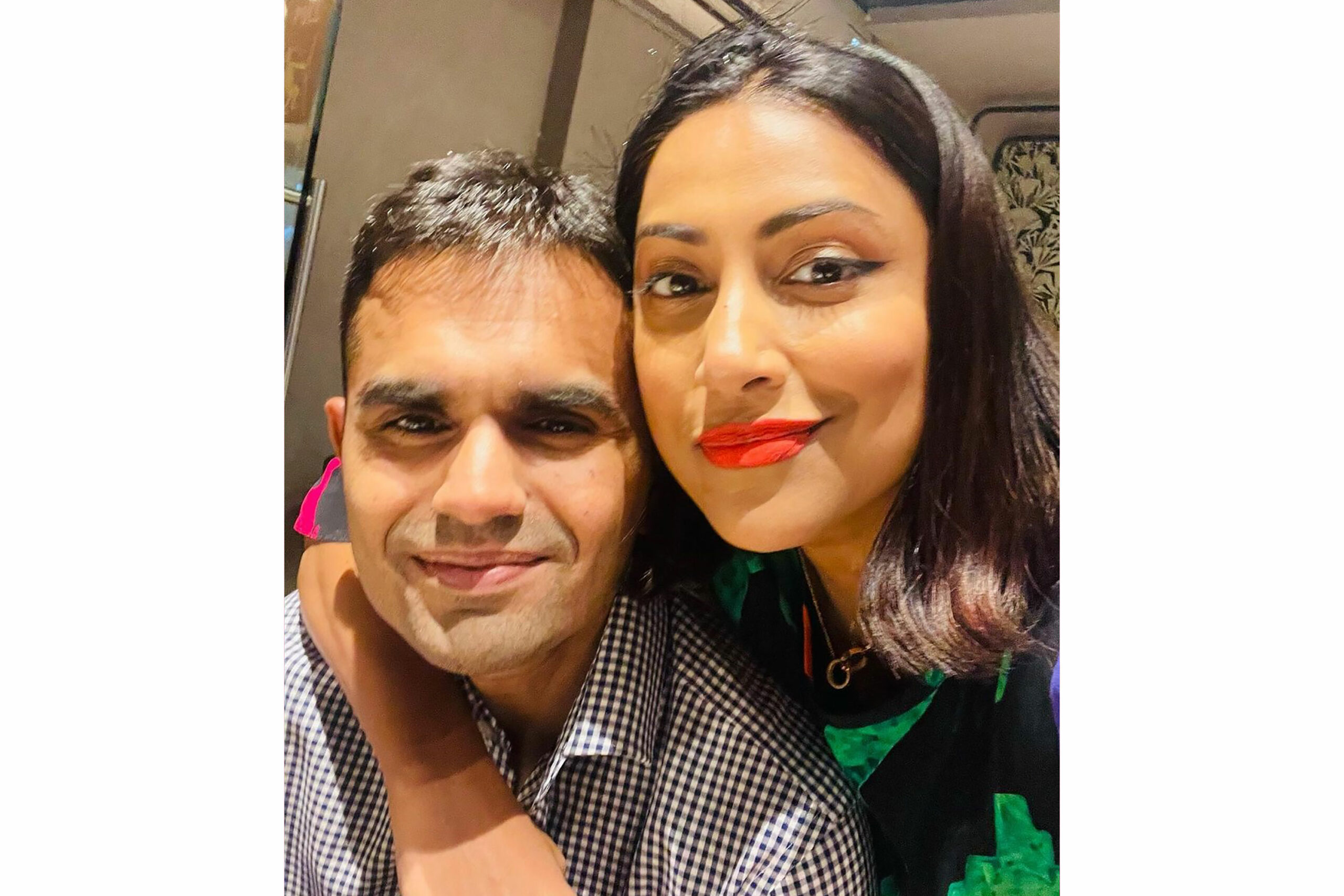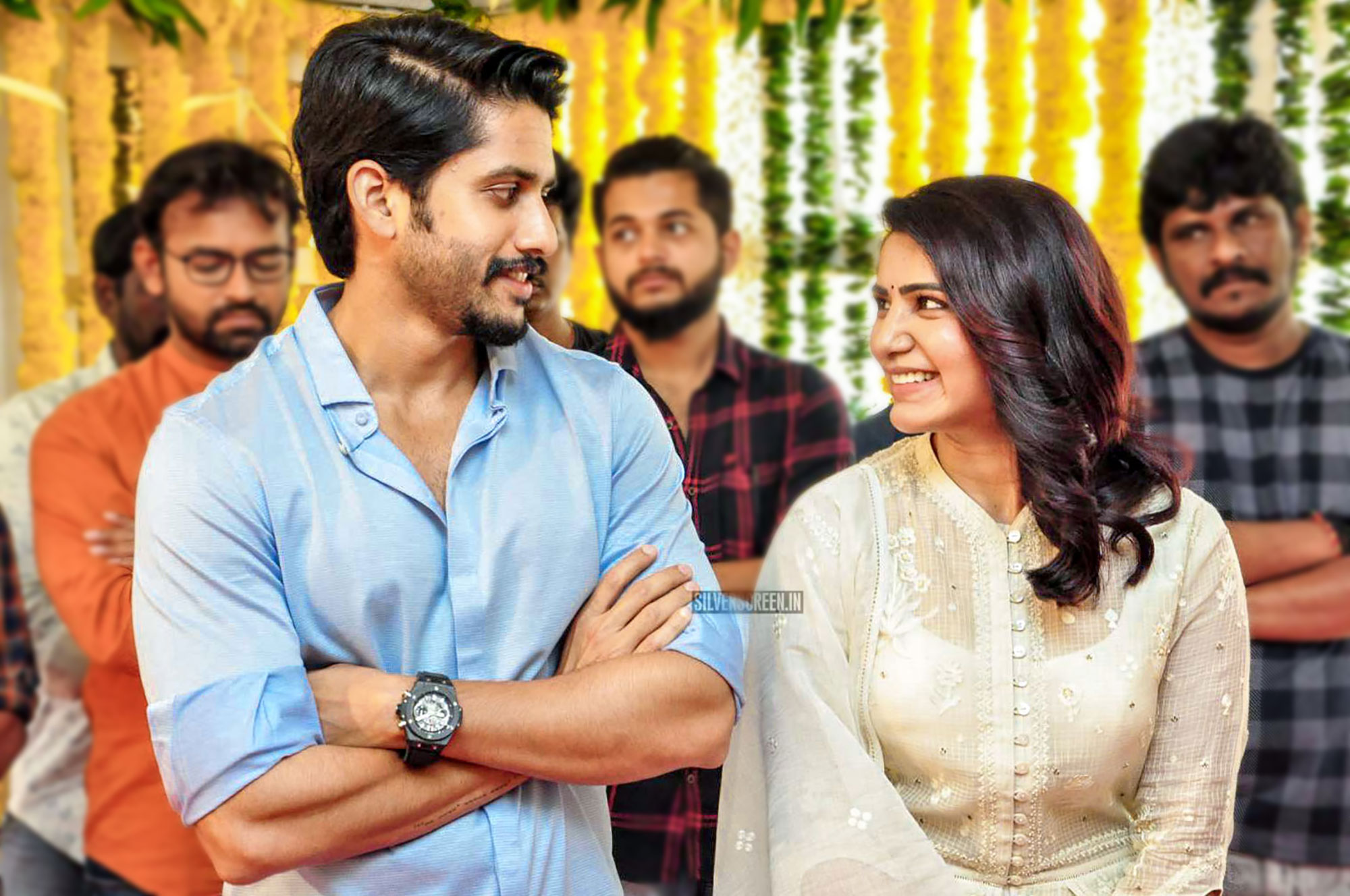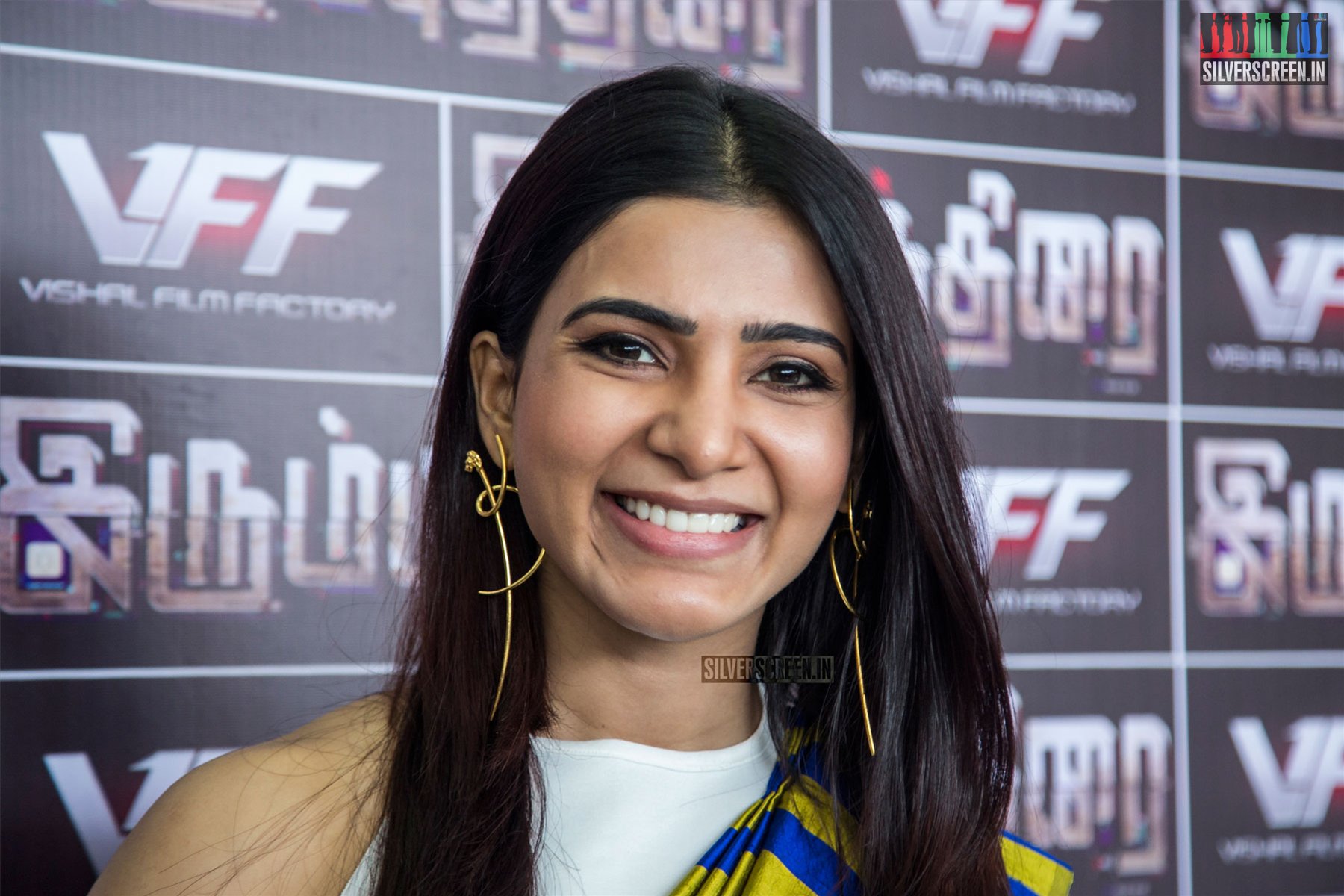The bail hearing of Aryan Khan, son of actor Shah Rukh Khan and producer Gauri Khan, is set to happen on Tuesday in the cruise ship drug case. Ahead of this, Silverscreen India spoke to some lawyers to understand the Narcotics Control Bureau’s (NCB) case against Aryan Khan.
The 23-year-old was arrested on October 3 by the NCB during a cruise ship drug raid based on a tip-off. The agency allegedly seized 13 gm of cocaine, 21 gm of charas or hashish, 22 pills of MDMA (ecstasy), 5 gm mephedrone, and cash worth Rs 1.33 lakh, and Khan was taken into NCB custody, along with a few others, including his friend Arbaaz Merchant and fashion designer Munmun Dhamecha.
Currently in judicial custody, Khan’s bail was rejected by a Mumbai court on October 8. During the hearing, the NCB had argued that there was evidence against Khan in the form of “incriminating” WhatsApp chats that indicated consumption of drugs as well as the purchase of larger quantities.
Importance of WhatsApp chats in the case
At the most recent hearing of the case, on October 14, Additional Solicitor General (ASG) Anil Singh had argued that in one of Khan’s chats there was an alleged discussion about “bulk quantities of hard drugs” which pointed towards “illicit drug trafficking.”
Calling the argument “inherently absurd,” senior lawyer Amit Desai, appearing for Khan, had said that the “very serious and frightening” term of ‘illicit drug trafficking’ was being dumped on his client without any evidence.
Merchant’s lawyer Taraq Sayed, on the other hand, had told the court that the WhatsApp chats could not be relied upon as there was no panchnama (note the officers make of the happenings during an arrest) to show that the accused’s mobiles had been seized.
Speaking to Silverscreen India, advocate Nikhil Mehra explains that the WhatsApp chats, cited as one of the main arguments of the ASG, can be a weak basis for withholding bail but the court may still consider such evidence admissible.
“The issue of admissibility is not relevant for bail. WhatsApp chats are otherwise admissible if their authenticity is established. It may be a weak basis for withholding bail, however, the court will not refrain from looking at such evidence.”
Thus, the court will look at these chats but may give lesser weightage to them considering there was no actual recovery of drugs or evidence of consumption, says Mehra.
The WhatsApp chats will, however, not play much of a part in whether Khan is granted bail.
WhatsApp chats are not new in case arguments
The use of WhatsApp chats in court was earlier also seen in the case of actor Rhea Chakraborty, who was arrested based only on the chats found on her phone. The NCB had alleged that the actor had not only purchased drugs for Sushant Singh Rajput but was also an “active member of a drug syndicate.”
It is notable that in both Khan’s case and Chakraborty’s, no drugs were found in their possession nor were any blood tests carried out to check for consumption.
Another instance of WhatsApp chats being used as evidence in a drugs case came earlier this year, when the Anti-Narcotic Cell of Mumbai Police had arrested actor Dhruv Tahil. The police said that they had recovered WhatsApp chats with an alleged narcotics supplier on his phone and found monetary transactions between them.
Tahil’s lawyer Shekhar Jagtap had then argued in court that without any other evidence, chats alone cannot be used to prove an offence. “A person may be boasting on a chat but may not follow up with the alleged offence. So unless there is any other corroborative evidence to show that the act was committed, the offence cannot be proved based on chats alone,” he had said.
Can chats make or break a case?
Raghav Awasthi, another lawyer Silverscreen India spoke to, feels that the NCB has a strong case if the chats really prove what they claim. “What the ASG is arguing is that there are chats which create a suspicion that he is involved in dealing with a commercial quantity of drugs. If the WhatsApp chats are incriminating enough, then the NCB does have a strong case. It was a cruise party, there were drugs being consumed and (according to the NCB) some chats show that he has an international connection. So these things are impeding his bail.”
Mehra, however, feels that chats don’t “amount to committing of an act.”
“In the absence of evidence of recovery (which implies no possession, no medical evidence of consumption and no evidence of purchase/sale), I don’t see which offence will get made out. I do think that merely using WhatsApp chats to make out an offence will not stand scrutiny because these chats don’t amount to the committing of an act. If he (Khan) simply denies having actually typed those chats or explains them otherwise, then the NCB will be stuck with the rather massive problem of possessing no other physical evidence,” he says.
Notably, in Chakraborty’s case, the Bombay HC had ruled that all offences under the NDPS (Narcotic Drugs and Psychotropic Substances) Act are non-bailable citing a 1999 judgment of the Constitution bench of Supreme Court which said the same.
Drug consumption a major offence?
In earlier cases, the court has said that those who are found consuming drugs are often victims. In fact, under the NDPS Act, those charged with consumption are not punished if they are willing to undergo de-addiction.
Desai, in his arguments, thus had also referred to the case of actor Fardeen Khan, who was arrested in 2001 by NCB for allegedly consuming cocaine. Fardeen Khan was given bail in three days and he had opted for de-addiction. The court, while giving its judgement in the 2001 case, had said that since Fardeen Khan was not found in possession of the drugs, it could not be established that he wanted to buy it.
Similarly, when granting bail to Ragini Dwivedi, the Kannada actor who had been in custody for over 140 days after being arrested for allegedly consuming and supplying drugs at parties, the Supreme Court had observed that there were no drugs found at her residence and the case was entirely based on someone else’s statement.
A high-profile case
Many have opined that Aryan Khan is the victim of a witch-hunt due to his celebrity status.
Mehra also believes that in Khan’s case, “trumped allegations” have been made by the NCB.
“The punishment for consumption is one year or six months depending on the nature of the narcotics consumed. The issue of whether such an offence is bailable or non-bailable is an open question. Nonetheless, only consumption of a small amount of narcotics without any other charge is generally regarded as a matter in which bail should be granted by the courts. This is why you see the higher, more trumped allegations against Aryan Khan by the NCB,” he says.
Recommended
Awasthi, however, feels that Khan cannot be given special treatment based on his celebrity stature. “Just because Khan has a wealthy celebrity father, court procedures cannot be sped up for him. There are several cases being heard and thus a delay in hearing is natural. Khan was arrested at a party where drugs were being used, so he has to go through the grinder like everyone else.”
It is worth noting here that earlier, when granting bail to Chakraborty, the Bombay High Court had said that everyone is equal in the eyes of law when the ASG had argued that “celebrities and role models should be treated harshly so that it sets an example for the young generation and they do not get encouraged to commit such offences.”



